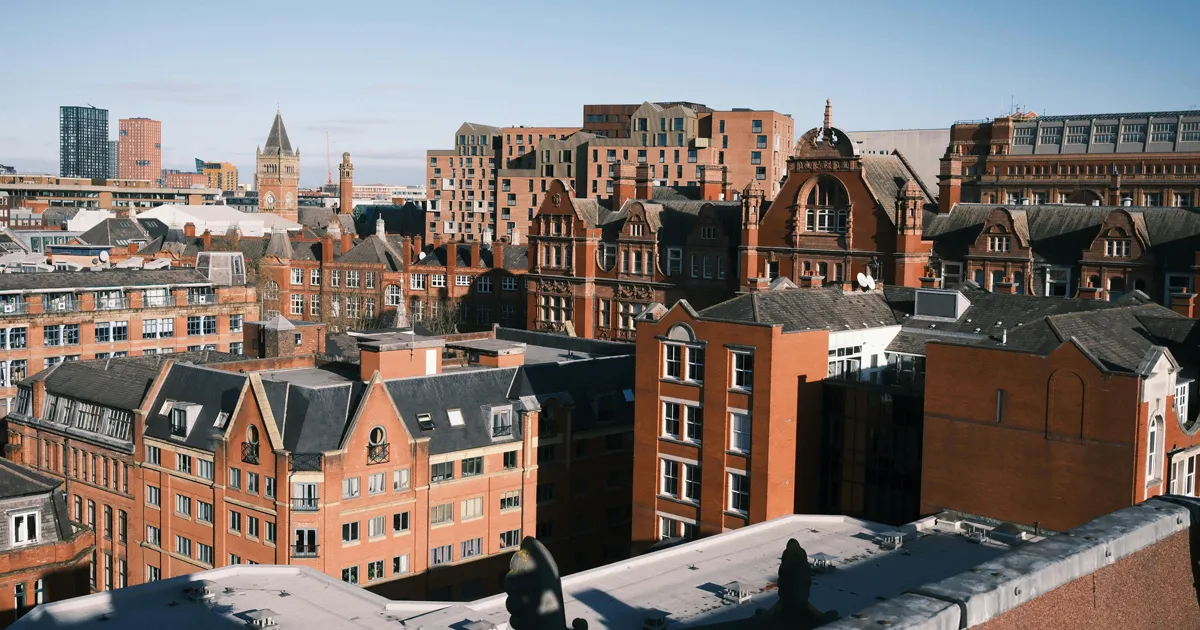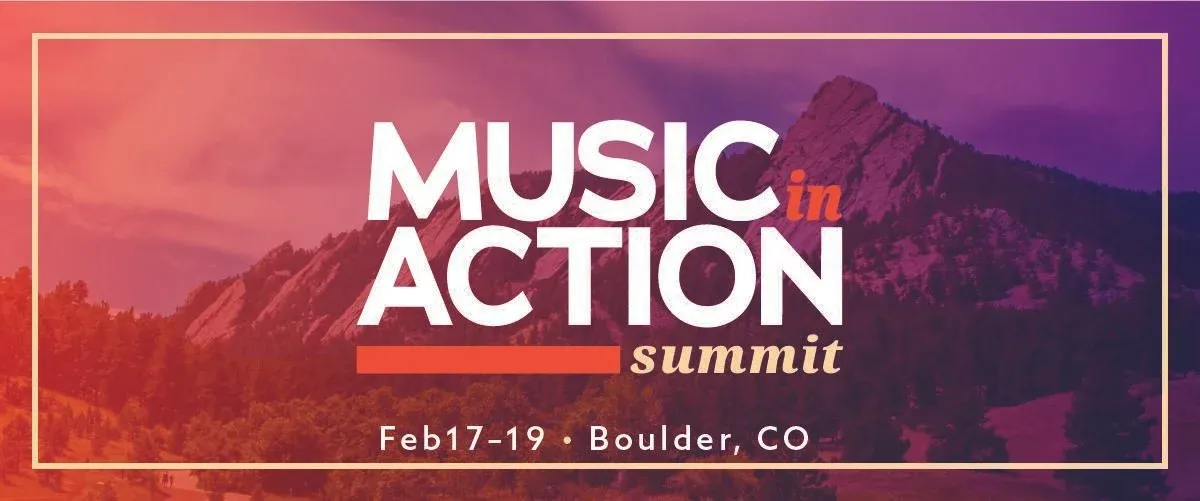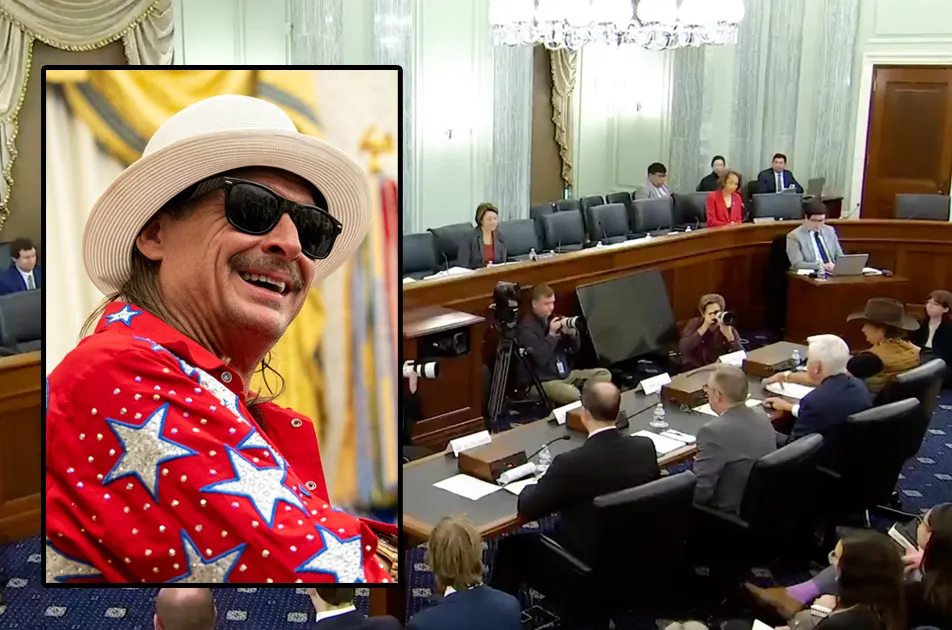Manchester is putting its money where its music is. The city’s local council, in partnership with the national charity Music Venue Trust (MVT), has launched a £245,000 discretionary fund aimed at helping grassroots music venues stay afloat amid financial pressures.
By reinvesting revenue generated from larger concerts back into small live-music spaces, Manchester is creating a new template that could inspire other cities with vibrant live-music scenes in 2026.
The Music in the City Report
Grassroots venues have long been the lifeblood of local music ecosystems, serving as incubators for emerging talent and as cultural hubs for communities. Yet in recent years, many have faced existential threats: rising operational costs, shifts in business rates, and the aftermath of pandemic restrictions.
Manchester’s “Music in the City” report, commissioned earlier this year by Manchester Music City and the City Council, highlighted these challenges, citing specifically the reduction in Retail, Hospitality, and Leisure (RHL) rate relief from 75% to 40% as a major financial concern for small venues. This mirrors a national trend in the UK, where hundreds of grassroots venues have either closed or are struggling to survive.
The city’s new fund is a rapid response to these pressures, offering targeted financial support that recognizes the critical role these venues play in both culture and economy. The report lays out several recommendations for supporting Manchester’s music venues. Chief among them was financial relief to offset business rate increases, ensuring that small venues can continue to operate without compromising artistic programming.
The strategy highlights a pragmatic approach to sustaining the city’s live music ecosystem while maintaining the vibrancy that makes Manchester a music capital.
The Fund — Call for Applications
The £245,000 fund is now open for applications, with the deadline set for 28 November 2025. Payments to successful applicants are expected by the end of January 2026, ensuring rapid delivery.
The grant is structured to cover either 35% of a venue’s 2025-26 business rates liability or £20,000, whichever is lower. This ensures that the fund provides meaningful support while spreading resources across multiple venues. Eligibility is strict but fair: venues must operate in Manchester, have a dedicated live-music or performance space, and host live music at least three times per week.
The focus is on small, independent venues that form the backbone of the city’s music ecosystem.
Rather than imposing new taxes or relying on external funding, the money comes from revenue generated by Manchester’s large-scale summer concerts and arena shows. This reinvestment strategy acknowledges the interdependence of big and small venues: major concerts thrive because grassroots venues nurture the talent that eventually fills arenas.
Wider Implications — Could This Be Adapted to Other Cities?
A model like this demonstrates how local governments can directly support cultural infrastructure, creating a more resilient live-music ecosystem; and could serve as a blueprint for other live-music cities in the UK and beyond. If successful, it may encourage cities like Glasgow, Liverpool, Sheffield, and even live music hubs in North America like Chicago, Nashville, Montréal, Asheville, etc. to adopt similar reinvestment models.
This initiative also represents a new way of perceiving live music from a government standpoint.
Rather than seeing it solely as entertainment or a tourism draw, the city treats live music as an ecosystem built into the sustainability of an urban center. If adopted more widely, such approaches could pave the way for policy innovation: from ticket levies funding grassroots venues to community ownership models that secure long-term sustainability.
Grassroots venues in Manchester have until 28 November 2025 to apply, but the implications extend far beyond the city’s borders. For musicians, venue owners, and local stakeholders, this fund demonstrates that targeted support is possible and can be delivered rapidly. For policy watchers and cultural strategists, Manchester offers a test case in how evidence-led funding can preserve and strengthen local music ecosystems — potentially setting a template for other cities in 2026 and beyond.





